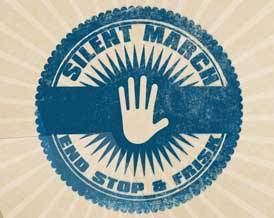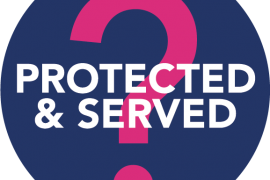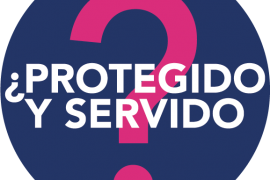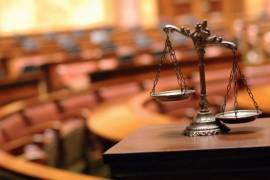
End "Stop & Frisk"
Blog Search
Update: Learn more about "stop and frisk" here and here.
Join Lambda Legal this Father’s Day, when we join a coalition of civil rights, labor, faith, and community groups—led by the NAACP, the National Action Network, and 1199 SEIU—in a silent march to end New York City’s “stop and frisk” policy. The policy allows police officers who are suspicious of an individual to detain the person and pat down their clothes to determine if they are carrying a concealed weapon.
Please join us on Sunday, June 17, at 3 p.m., on 110th Street and Eighth Avenue in New York City.
Lambda Legal has endorsed this march because, as a leading legal and civil rights organization, we have a proud history of standing against police profiling, brutality and misconduct. New York’s “stop and frisk” policy is just one of many that target already marginalized communities, including low-income people, people of color, LGBT people and those living with HIV, and immigrants. These kinds of abuses contribute to the mistrust, doubt and fear of the police in our communities.
Recently published statistics reveal the department’s discriminatory use of “stop and frisk” tactics.
- In 2011, NYPD officers conducted 685,724 street stops—more than a 600 percent increase since 2002, when officers conducted 97,000 stops.
- No gun is retrieved in 99.9 percent of stops. Nine out of 10 people stopped are neither arrested nor ticketed.
- Though they account for only 4.7 percent of the city’s population, black and Latino males between the ages of 14 and 24 accounted for 41.6 percent of the stops in 2011. The number of stops of young black men exceeded the entire city population of young black men.
- Statistics from the police precinct in the West Village show that in 2011, 76.6 percent of those stopped were African American or Latino. Just 8 percent of the residents in that precinct are African American or Latino.
Later this month, please look for Lambda Legal’s Protected and Served?: Survey of LGBT/HIV Contact With Police, Courts and Prisons. We will be collecting information about the experiences of members of the LGBT and HIV communities in their interactions with police, courts and prisons.




